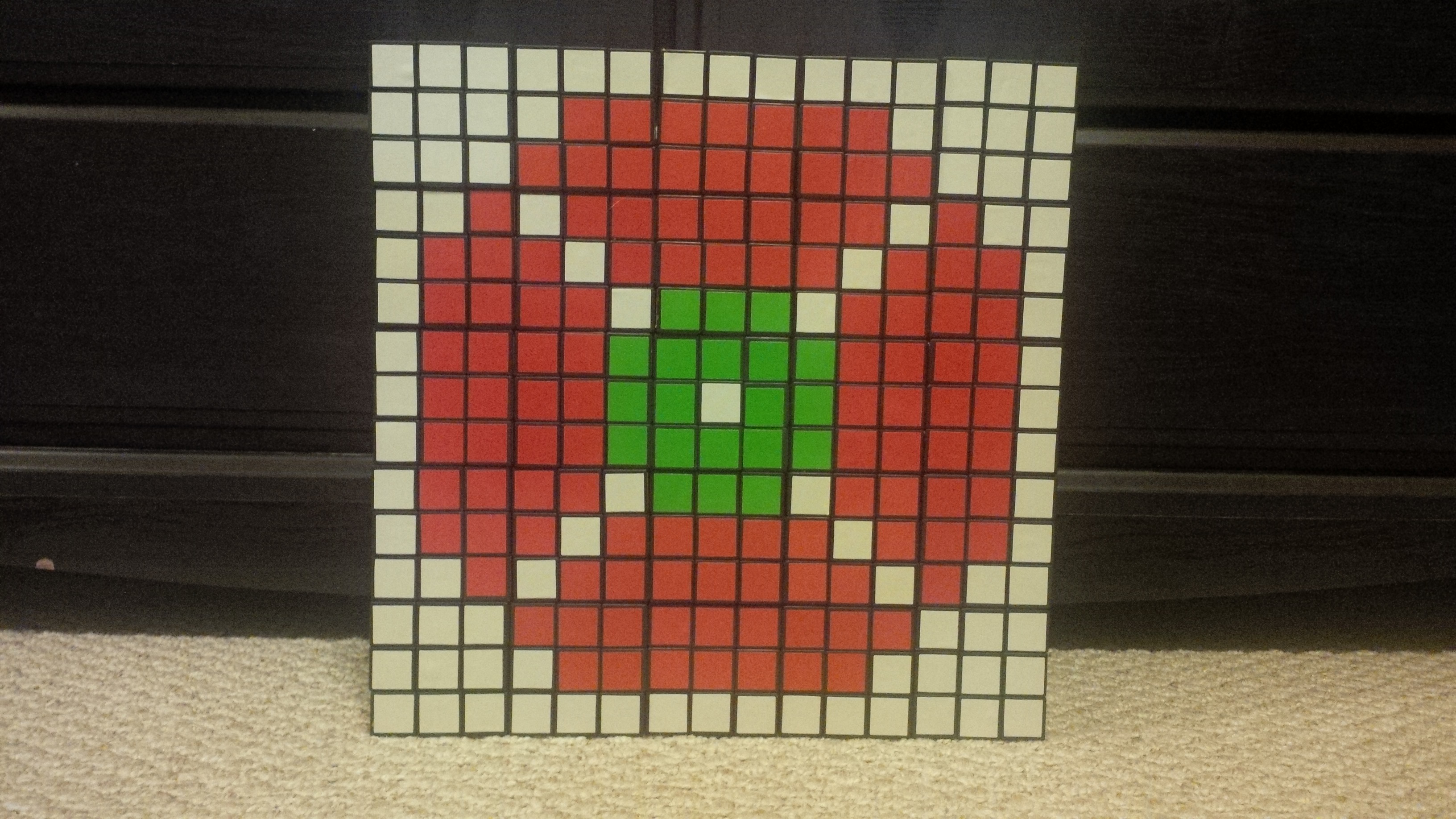In hindsight, we probably should have been more prepared for it. Between the four of us pastors, we had probably over sixty years of public speaking experience. My more charismatic colleague has had more sermons interrupted than he cares to count by a prophetic voice. Our local veteran and our newly arrived veteran can also tell stories of various church services, community program and council meetings that were interrupted by a dissenting voice. A few times I have even found myself surrounded by people who were preparing to further their cause of social justice by being that interrupting voice. I guess, for some reason, we thought that this couldn’t happen at a Remembrance Day service.
It is one of a declining number of community Remembrance Day services that invites Christian pastors to play a lead role, and believe me, we approach it with the respect and humility it deserves. The program was going along quite well, if not maybe a little behind schedule, but we were doing and saying the right things. The eleventh hour was approaching and the trumpet player was getting ready for last post. Suddenly, a lone voice at the back of the auditorium spoke up. With the spotlights facing our direction it was difficult to identify the man, but we could see that this was a man in some kind of uniform.
He went on to list of a number of Canadians killed in WWI who were not soldiers. In fact, he was quite sure that the first two official deaths and the last one, were not technically soldiers. He wasn’t angry. He wasn’t disrespectful. He simply thought that an important group of victims had not been mentioned. The man at the podium thanked him, and the program continued as planned.
Nobody seemed to mind. Maybe people thought it was planned. Maybe it was because he was senior in a uniform, and if there is any time in Canada when a senior in a uniform is given extra freedom, it’s November 11th. Still, I’ve seen less solemn gatherings turn hostile when a dissenter let their voice be heard, so I was surprised that the response was so peaceful.
Later, I chatted with the other pastors about the incident. They admitted to being surprised, but also confused. Maybe we hadn’t included WWI merchant marines, but our tributes certainly hadn’t been exclusive to soldiers. In my opening prayer, I mentioned soldiers returning with PTSD and their families, I mentioned governmental leaders and decision makers, and I asked for time when the rules of engagement would be guided by the love in soldier’s heart (rather than the normal chain of command). The pastor giving the meditation was careful to use generic words like ‘sailor,’ to include those who were in the navy when their boats went down and those who weren’t, and ‘victim’ to include fighters (allies and enemies) and civilians. His message honoured everyone who put themselves in harm’s way and empowered everyone in the audience. Finally, the group prayer included such a wide swath of victims that it was hard to imagine that he had left anyone out. Despite all of our efforts toward inclusion, we were unable to remove the need for this interruption.
We could, in self-defense, write this man off as someone who is impossible to please. Someone even suggested that he had perhaps made this kind of interruption in the past. But maybe there is something more going on. Remembrance Day ceremonies are full of processions and pagaentry, poetry and prayer, but are our carefully chosen words enough?
Is an hour and a half, once a year, enough to honour the soldiers who fought (and died) in what they believed was the pursuit of freedom and justice? Is it enough to honour the sacrifices of an entire country in the pursuit of victory? Is there room to include the long list of victims; the soldiers who died, the mothers, fathers, brothers, sisters, wives, husbands, sons and daughters left behind, the soldiers who returned with irreparable physical and emotional wounds, the innocent and loving family members who suffer abuse at the hands of those so emotionally scarred, the soldiers who died on the other side not knowing why they were even fighting, anyone relying on entire economies destroyed in the conflict, children of deceased soldiers who swear vengeance and carry hatred their whole lives, women who raise children without their fathers because of the war, women who are called in unwillingly to “comfort” the soldiers, those who suffer from the bombs and landmines left behind by the war, those whole societies who fear retribution, and the list could go on and on and on.
I now see that this man’s voice wasn’t simply an unnecessary part of an otherwise well orchestrated event, it was a necessary part of a perpetually inadequate gathering. We will continue to remember, and when there is a part for me to play, I am happy to do so, but remembering cannot simply be an exercise of intellectual recall, it needs to be the first step in our efforts to bring peace into this world.

Leave a Reply